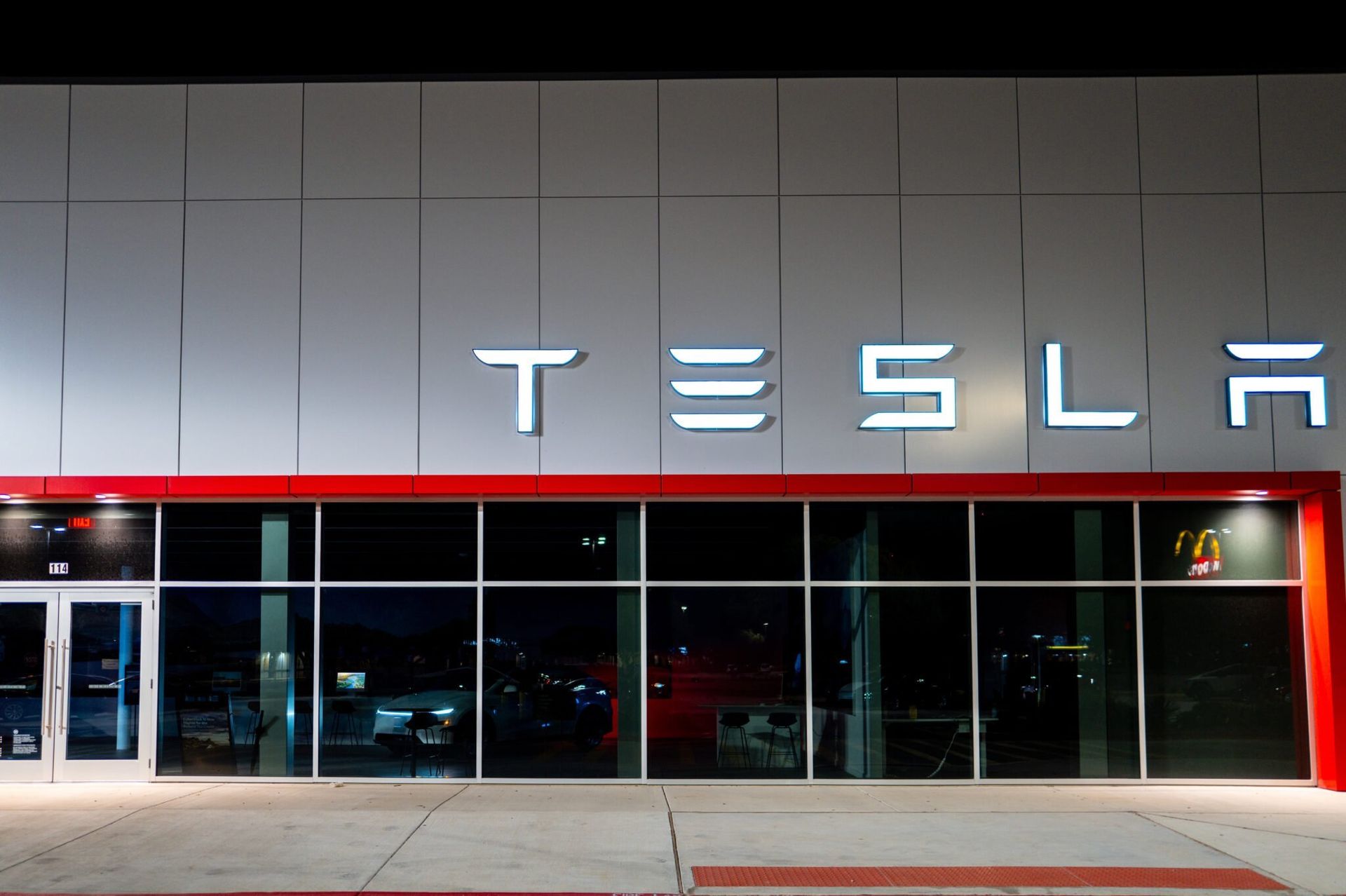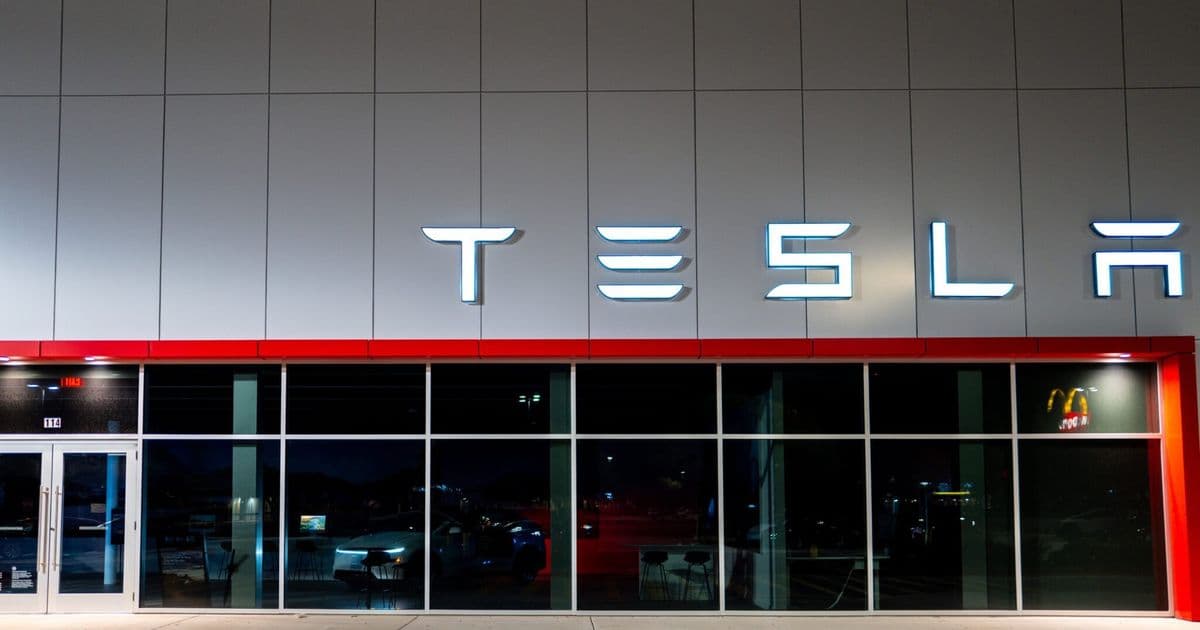A federal jury has found Tesla partially responsible for a fatal 2019 Autopilot crash, marking the first wrongful death verdict against the automaker involving its driver-assistance system. The $329 million decision cites defects in Autopilot's design and Tesla's marketing, signaling seismic implications for autonomous vehicle liability.

In a watershed ruling with far-reaching consequences for autonomous driving systems, Tesla has been found partially liable for a fatal 2019 crash involving its Autopilot technology. A Miami federal jury concluded that design defects and misleading marketing contributed to the death of Naibel Benavides, who was struck by a Tesla Model S operating on Autopilot at 62 mph in a non-highway setting. The driver, George McGee, ran a stop sign and hit Benavides and her partner Dillon Angulo as they stargazed roadside.
The Technical Failures Under Scrutiny
During the three-week trial, evidence revealed critical system limitations:
- Operational Domain Mismatch: Tesla designed Autopilot for controlled-access highways yet allowed unrestricted use on rural roads with intersections—despite internal knowledge of the risks
- Inadequate Driver Monitoring: The 2019 Model S lacked effective attention tracking, permitting McGee to reportedly search for his phone while accelerating
- Misleading Safety Claims: Elon Musk's repeated assertions that Autopilot "drives better than humans" created dangerous misconceptions about system capabilities
McGee testified he believed Autopilot would "assist me should I miss something," reflecting precisely the over-trust that safety experts have long warned about.
The Verdict's Technical Gravity
The jury assigned 33% liability to Tesla—a first in Autopilot wrongful death litigation—after examining:
1. Human-Machine Interface flaws enabling mode confusion
2. Statistical misrepresentations in Tesla's safety reports
3. Deliberate omission of geofencing to restrict Autopilot use
The $129M compensatory and $200M punitive damages underscore the jury's condemnation of Tesla's prioritization of market perception over safety constraints.
Industry Implications
This ruling fundamentally shifts autonomous vehicle liability paradigms:
"Tesla’s lies turned our roads into test tracks," said plaintiffs' attorney Brett Schreiber. "Today's verdict holds them accountable for propping up valuation with self-driving hype at the expense of lives."
Tesla plans to appeal, stating: "No car in 2019 or today would have prevented this crash... This was never about Autopilot." Yet the verdict signals that manufacturers can no longer evade responsibility for system misuse enabled by design choices and marketing narratives.
The Road to Accountability
As automated driving systems proliferate, this case establishes critical precedent:
- Marketing claims now carry legal weight in defect determinations
- Operational design domains must align with actual deployment
- Driver monitoring isn't optional—it's a liability firewall
The $329M verdict may finally compel the industry to reconcile technological ambitions with ethical implementation—before more lives become data points.
Source: Ars Technica

Comments
Please log in or register to join the discussion